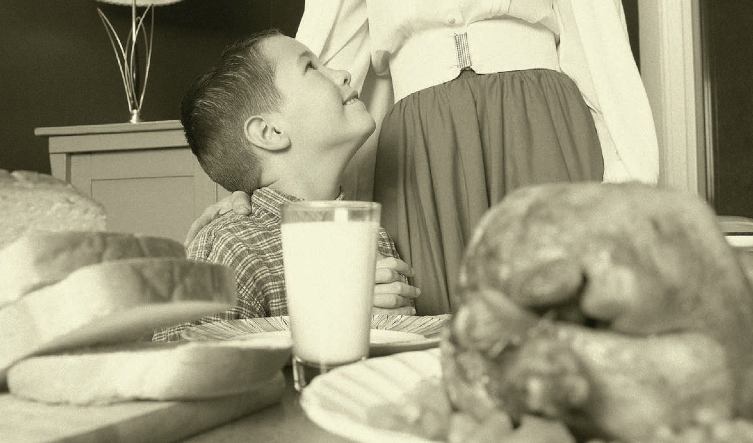I am a Food and Wellness Coach and work with clients to explore how food can play a big role in creating addiction and anxiety. Patterns are set early as are our concepts of appropriate serving sizes. But there is much more to it.
Emotional responses generated by food are unique to each of us. Teasing out what’s positive or negative in the complicated mix of our family history is challenging, but it’s also a process that can be immense help to individuals wanting to alter their eating habits.
I offer both individual and group Foodchild services. Insurance does not cover this service.


